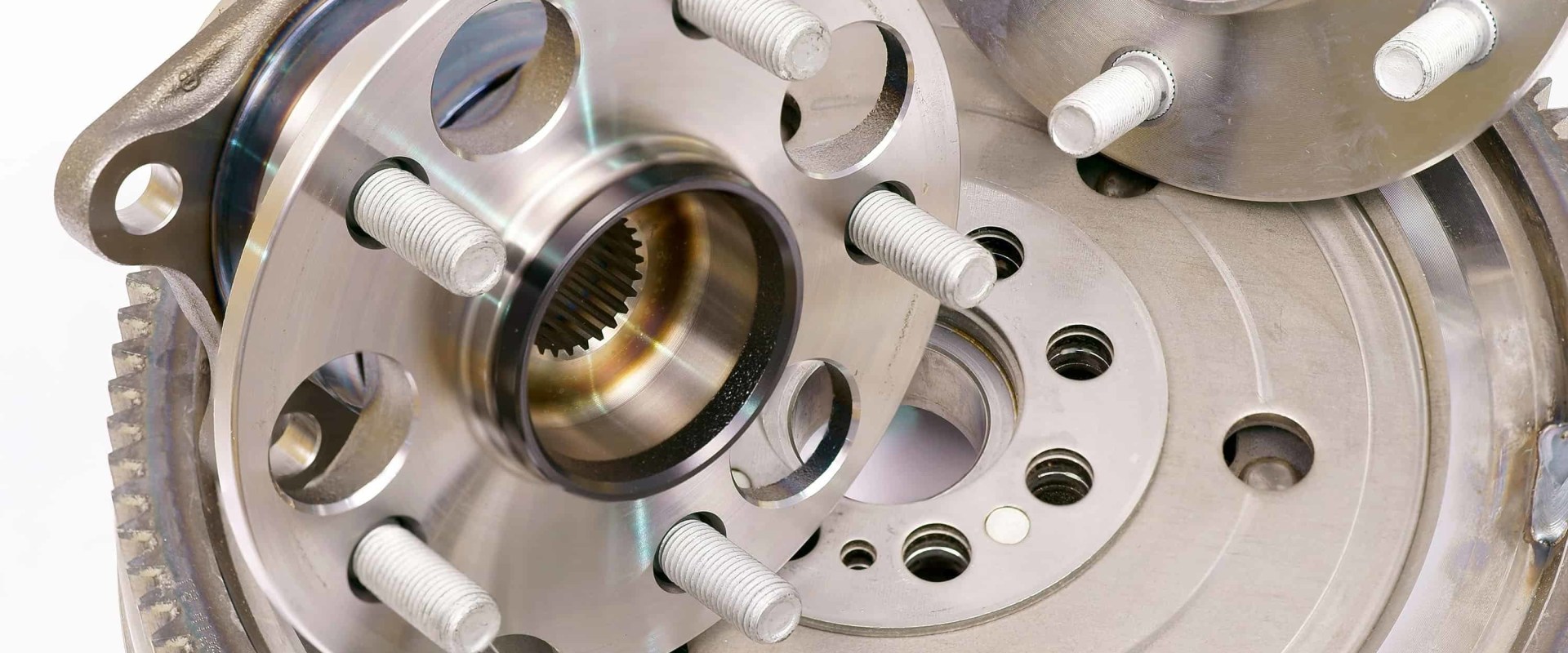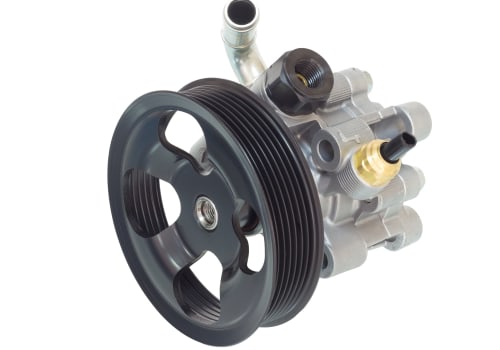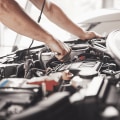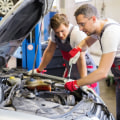When it comes to automotive maintenance and repair inspections, one of the most important things to check for is worn wheel bearings. As an experienced Auto Mechanic in Summerville SC, I know that wheel bearings are essential components that allow wheels to turn freely for thousands of miles by cushioning contact between the wheel and the axle on which it sits with frictionless bearings and a large amount of sticky and pleasant grease. This grease tends to collect dust, dirt and small metal particles, even though the bearings are protected to a certain extent by the hub and the brake drum or disc. In order to check for worn wheel bearings, you should first take a good look at the grease in the spaces between the bearings.
If the outer bearings are damaged, it is likely that the inner bearings are also damaged. You can then take a sample of the lubricant for examination and clean the bearings with light oil or kerosene. After thoroughly cleaning them, you should examine the condition of their treads and external surfaces, as well as check for any increase in internal clearance or degradation of tolerances. When inspecting wheel bearings, you should also listen for any unusual noises and feel any roughness as you turn, which could indicate that the bearing is damaged and needs to be replaced. Fortunately, diagnosing a faulty bearing is relatively easy, and you can usually determine if there are any problems by listening to the wheels and evaluating any changes in the car's maneuverability. If you find that your wheel bearings need to be repacked or replaced, it is important to do so as soon as possible in order to ensure that your car is running safely and efficiently. Taking care of your wheel bearings is an essential part of automotive maintenance and repair.











